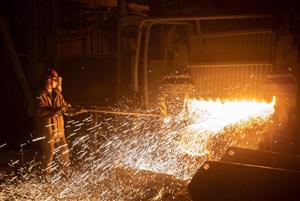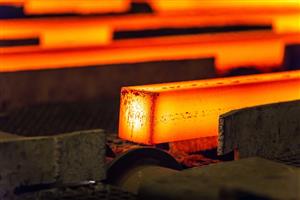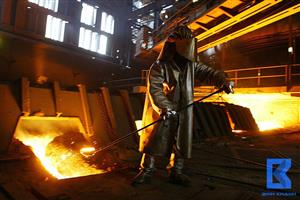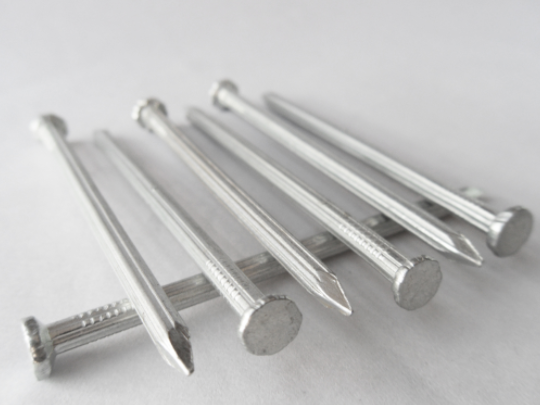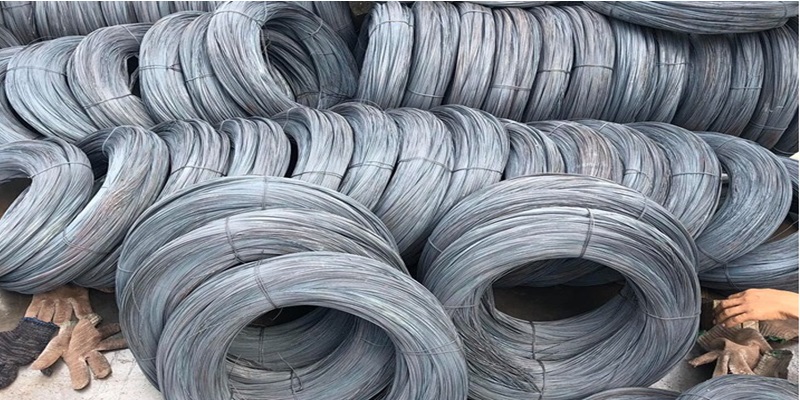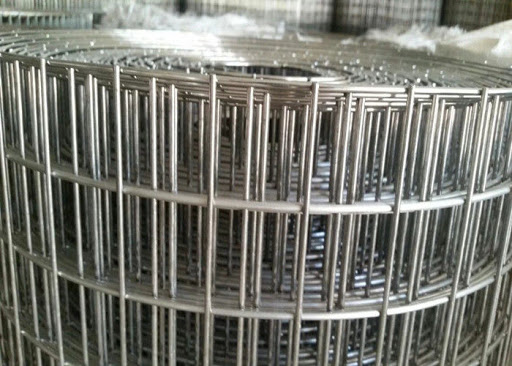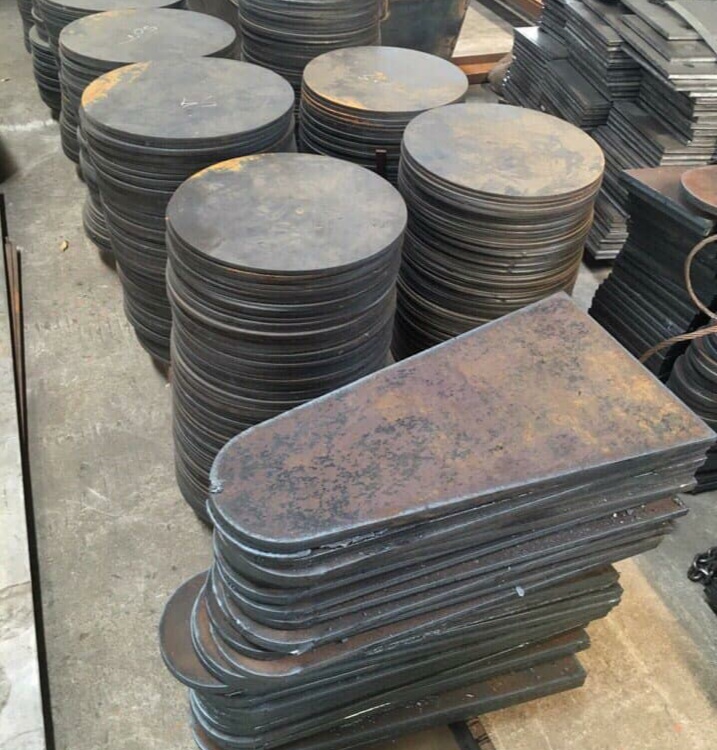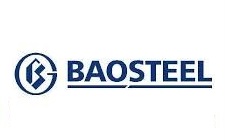Prices of construction materials increase
In the structure of construction costs, raw materials account for 65-70% of the project's cost estimate. According to the General Statistics Office, the price index of raw materials, fuel and materials used for production in the first 6 months of the year increased by 6.04% over the same period. This has affected many domestic contractors.
It can be mentioned that steel prices have started to increase again. On September 7, many steel companies adjusted to increase prices for the second time since the beginning of September. In which, steel Viet Duc, Hoa Phat, Viet Italy, Pomina... simultaneously increased prices nationwide for products. Construction coil and rebar range from 150-200 VND/kg (VAT not included).
.jpg)
The tightening of legal procedures for real estate projects and the tight control of credit capital, the issuance of corporate bonds, the decline of the bond market; Along with that, the Russia-Ukraine conflict pushed up the prices of raw materials and construction materials (building materials).
The increase in the price of construction materials reduced the gross profit margin of Hoa Binh Construction from 7.2% to 4.7% in the first 6 months; with Vinaconex from 14.5% to 13.6%. VNDirect Research expects steel selling prices to continue to decline gradually in the second half of 2022 and 2023, continuing the momentum since April (falling more than 14% since the peak), and helping to reduce the pressure on gross margins on businesses. construction industry.
Europe cuts production because of gas
With the rising cost of energy, steel mills in Europe are having to cut output or even close. This puts the block's steel industry at risk of falling into crisis.
Russia's gas cuts in retaliation for Western sanctions are taking a toll on the bloc. So far about 3 million tons of EU stainless steel are at risk. With rising energy costs, many factories are unable to afford to "turn on the lights".
Gas prices in Europe rose 17% on September 5 to a record set in August, after Russia announced it would indefinitely suspend supply through several key pipelines to Europe. . Rising gas prices are raising concerns that large enterprises and consumers must increase "austerity".
According to the Financial Times, the S&P GSCI index of industrial metals, has fallen more than 9% since mid-August, as markets fear a global recession. In general, since the beginning of the year, this index has decreased by 17%.
The decline in the market for metals - raw materials for the production of important industrial products from auto parts and electrical wires, has made economists worry that the energy crisis is weighing heavily on the industry. Karma.
ArcelorMittal will close one of its two blast furnaces at its steelmaking site in Bremen, Germany, from the end of September until further notice. The reason is the "exorbitant" increase in energy prices, the company said in a statement on Friday. Rising energy prices are weakening their steel production competitiveness.
The steel giant also cited weak market demand, negative economic outlook and persistently high CO2 costs in steel production as reasons for its decision.
ArcelorMittal Germany CEO Reiner Blaschek said: "High gas and electricity costs are putting great pressure on competitiveness. More specifically from October onwards, the German government will be subject to a gas tax. burning as planned, which will put an extra burden on us."
A survey by the Association of German Chambers of Industry and Commerce found that 1 in 6 industrial companies was forced to reduce production due to rising energy prices. Nearly a quarter of companies have been forced to cut output and another quarter are in the process of scaling back production due to soaring energy prices, according to a survey of 3,500 companies across all sectors in Germany.
Energy-intensive industries and companies are particularly affected, as 32% of companies plan or have already begun reducing output and even shutting down entire production lines. Stainless steel prices continue to struggle as the market approaches the final quarter of the year.
Mr. Peter Ghilchik - Head of Commodity Analysis at UK-based consulting firm CRU said that the metal sell-off has ended, but in the coming time, the market will continue to face many difficulties. due to the impact of the economic downturn.
Goldman Sachs said the downturn in the commodities market was stronger than that of any other asset. “Recession concerns continue to hold back commodity markets,” the analysts said.
Economy & Urbanism
 English
English  Vietnamese
Vietnamese
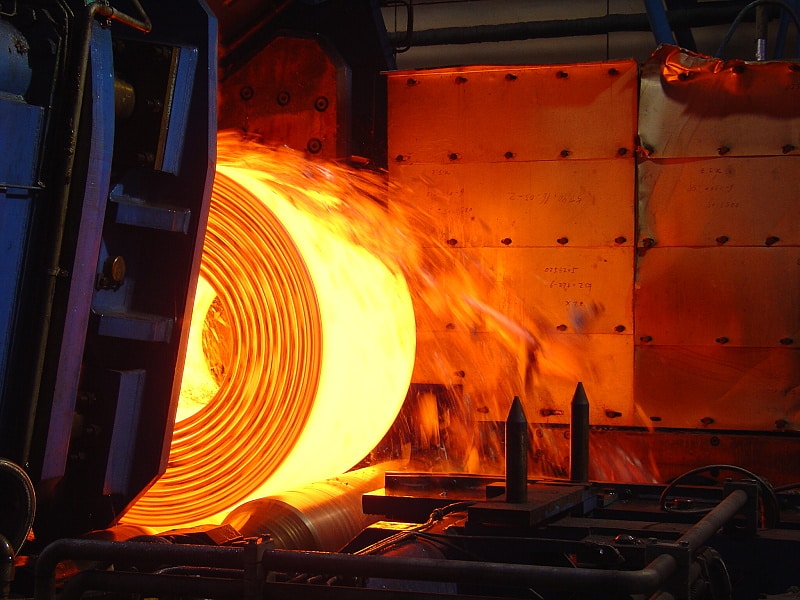


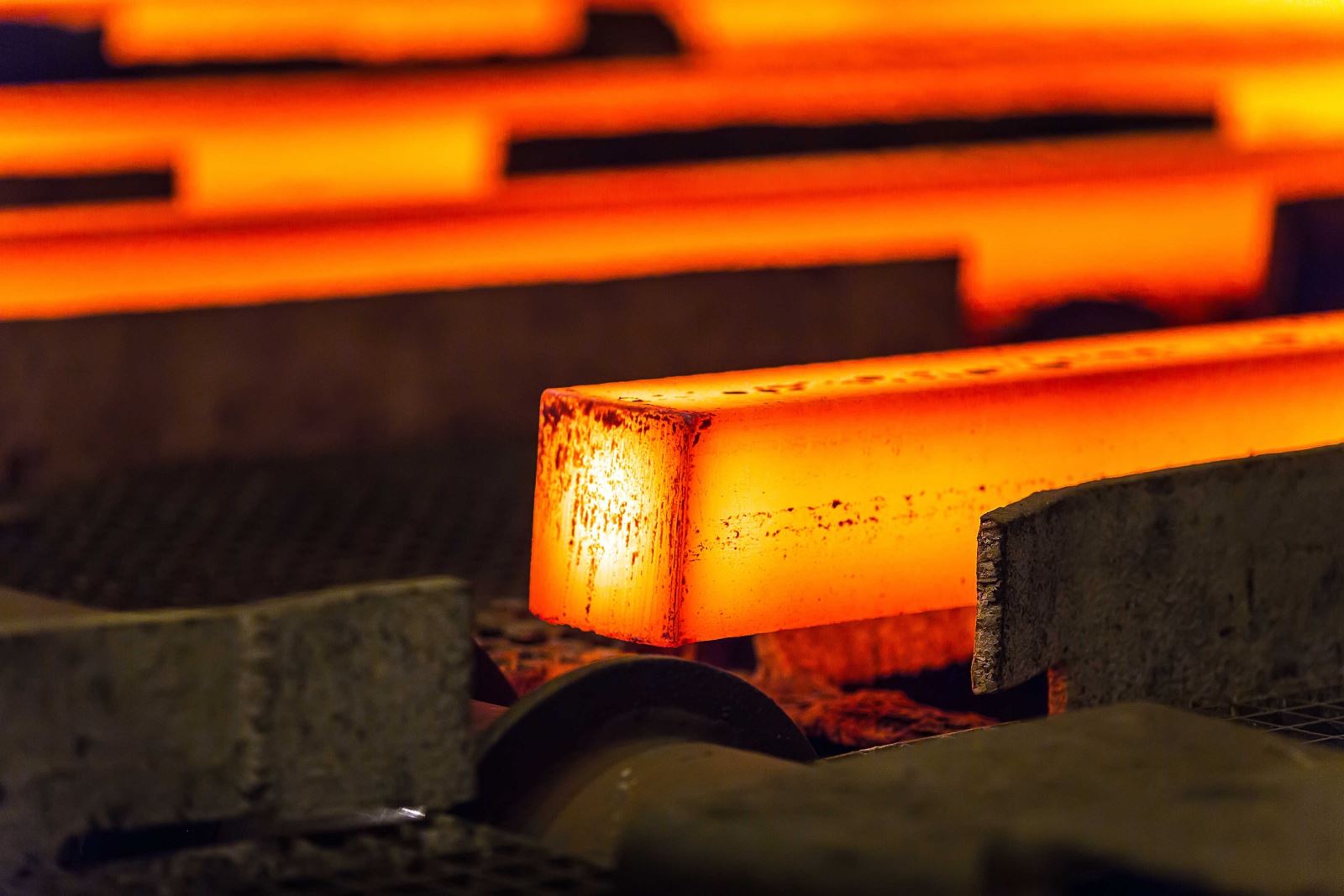
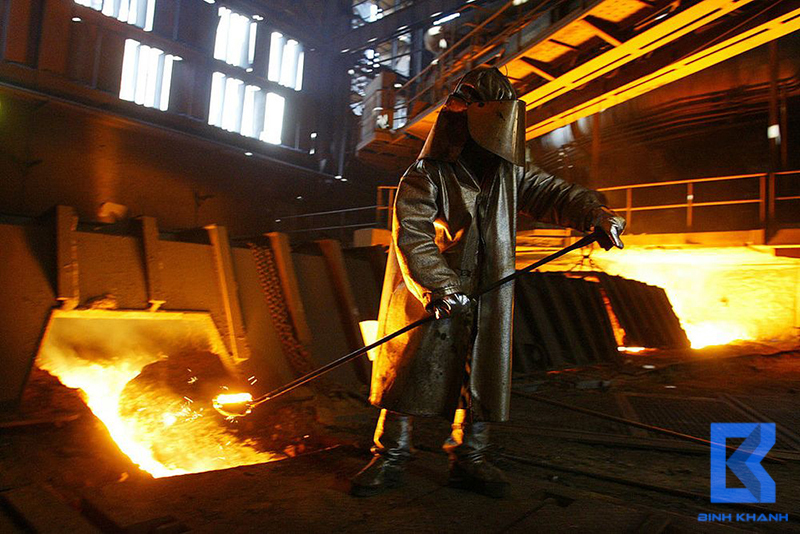

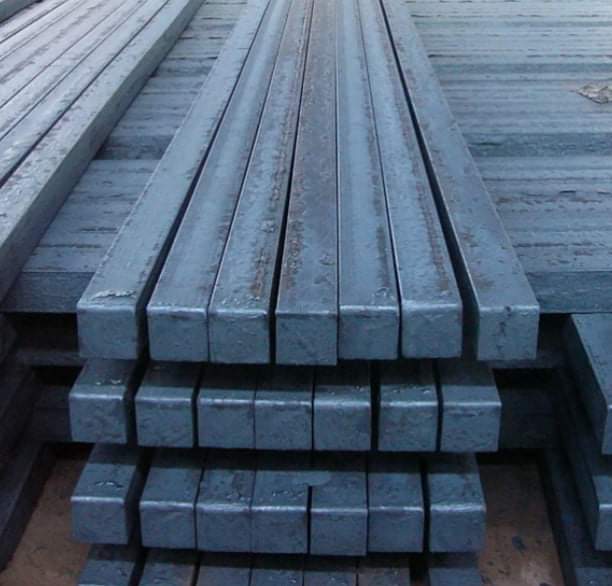

w300.jpg)
